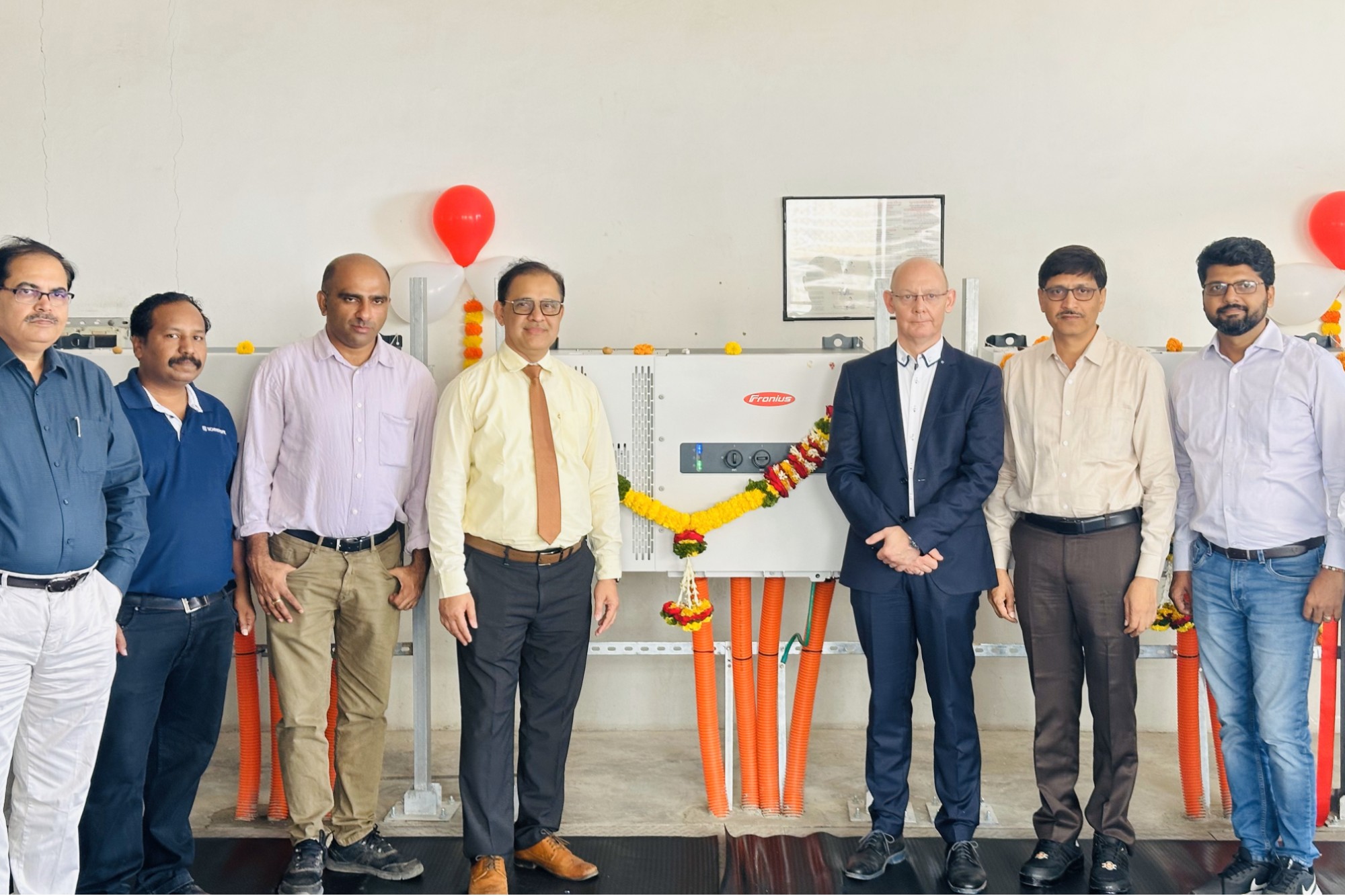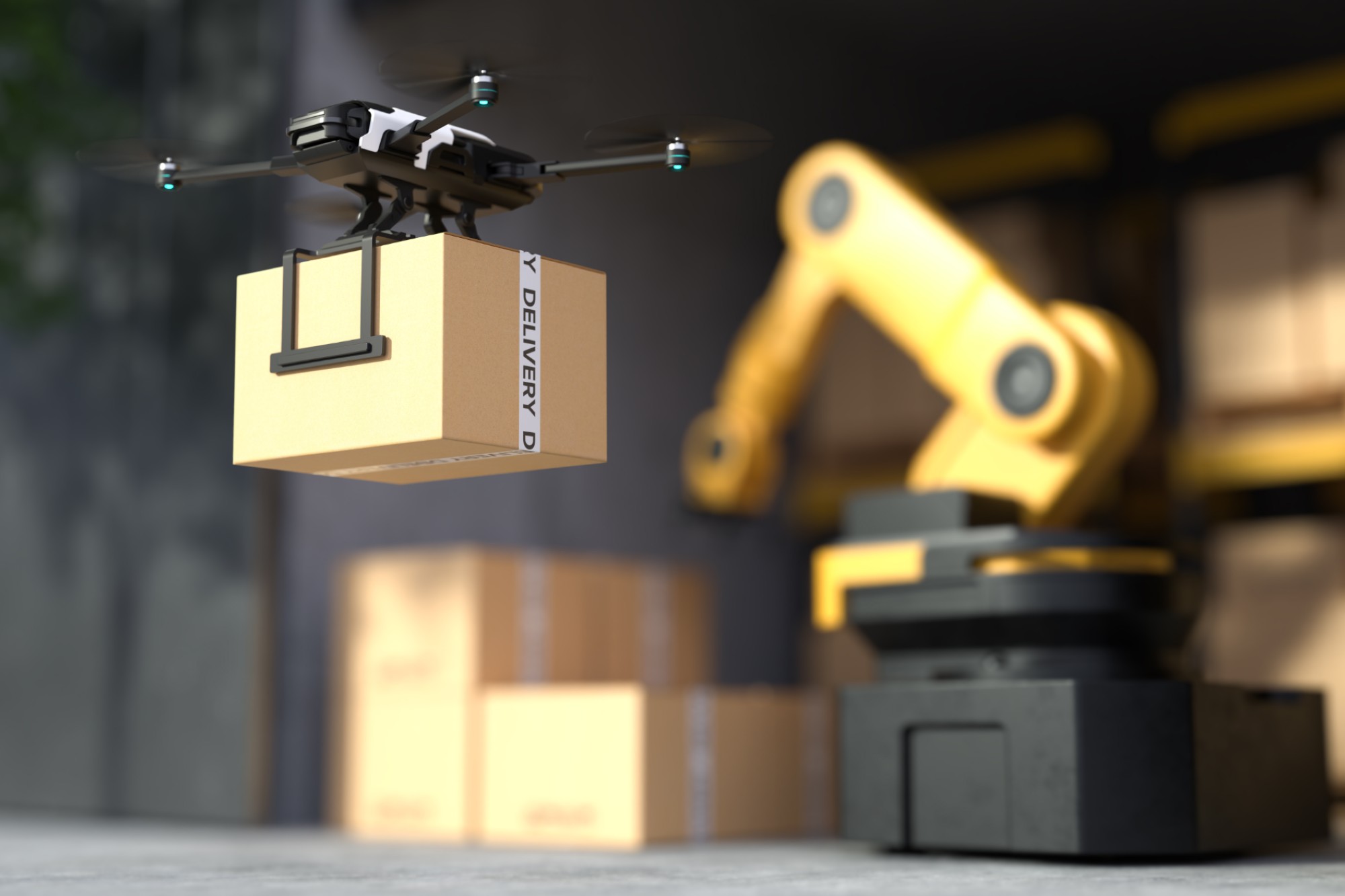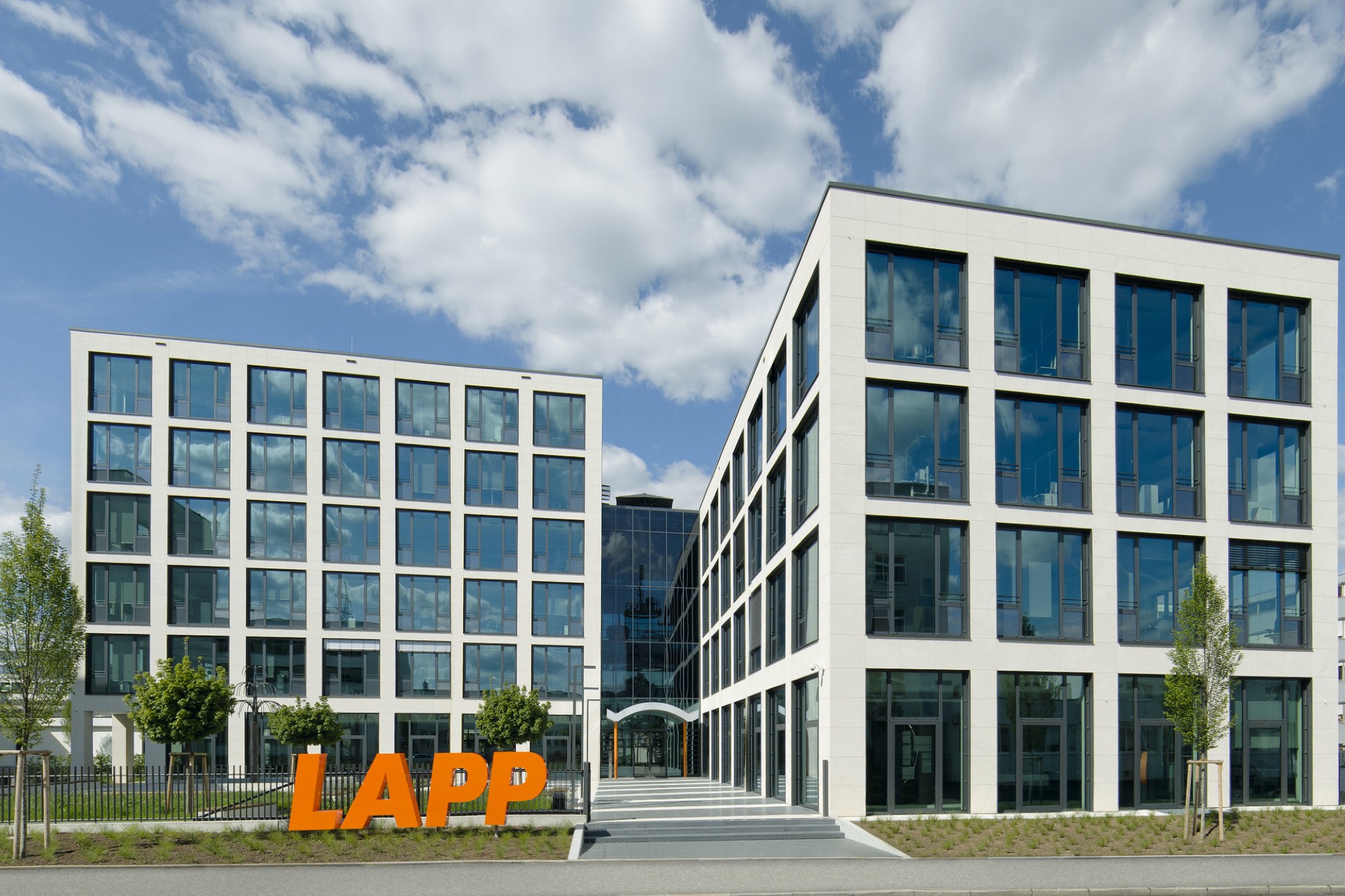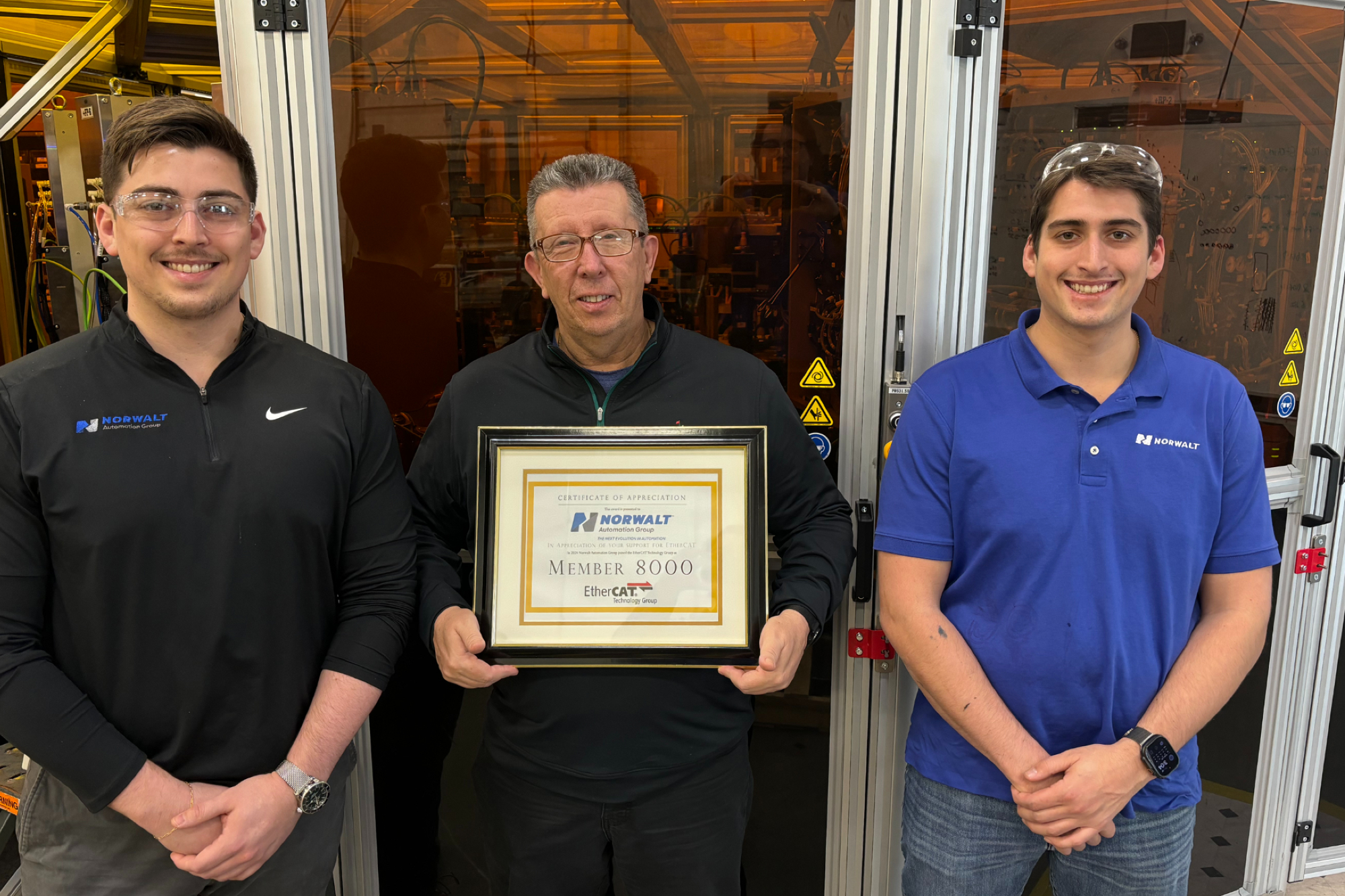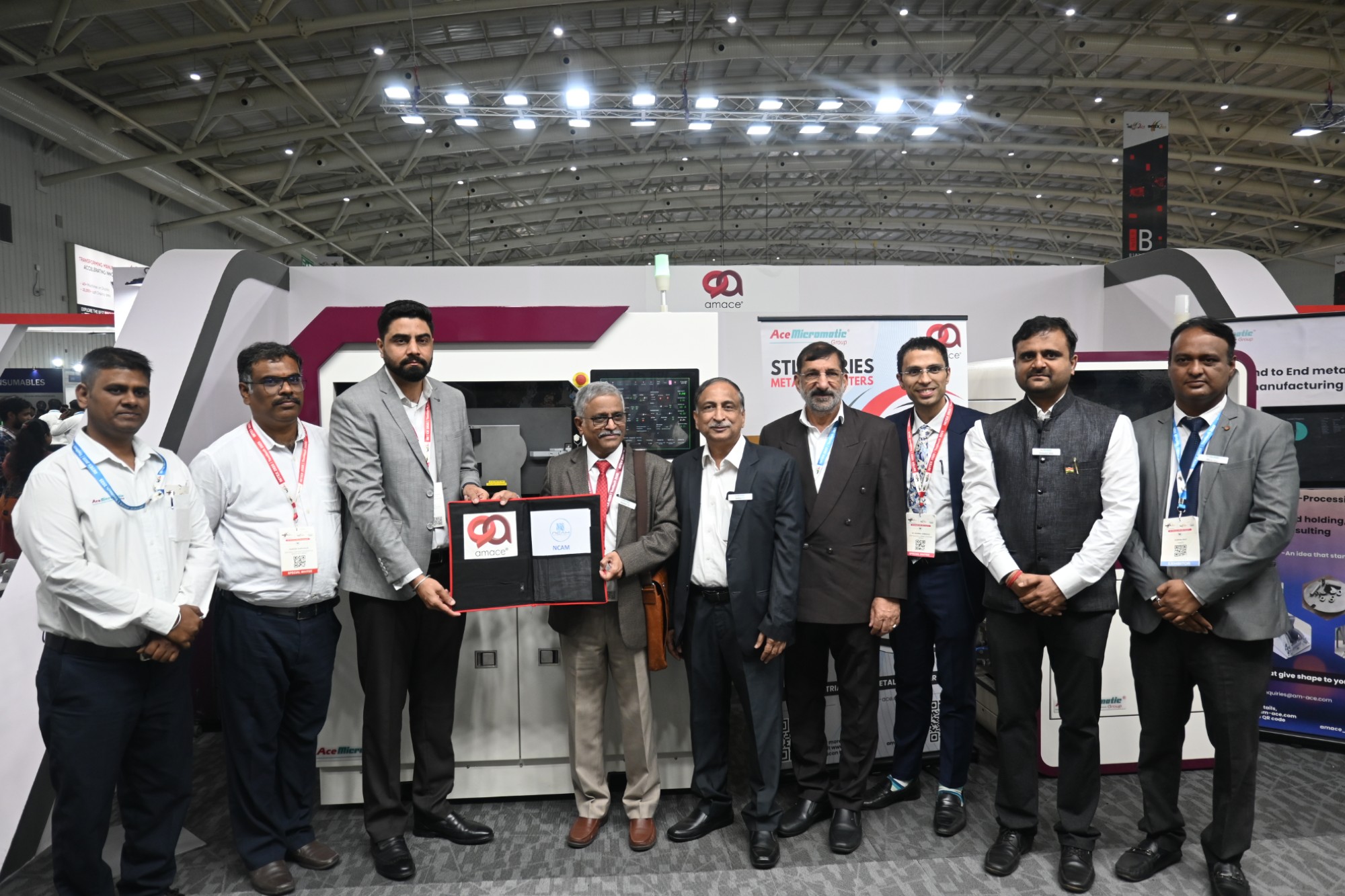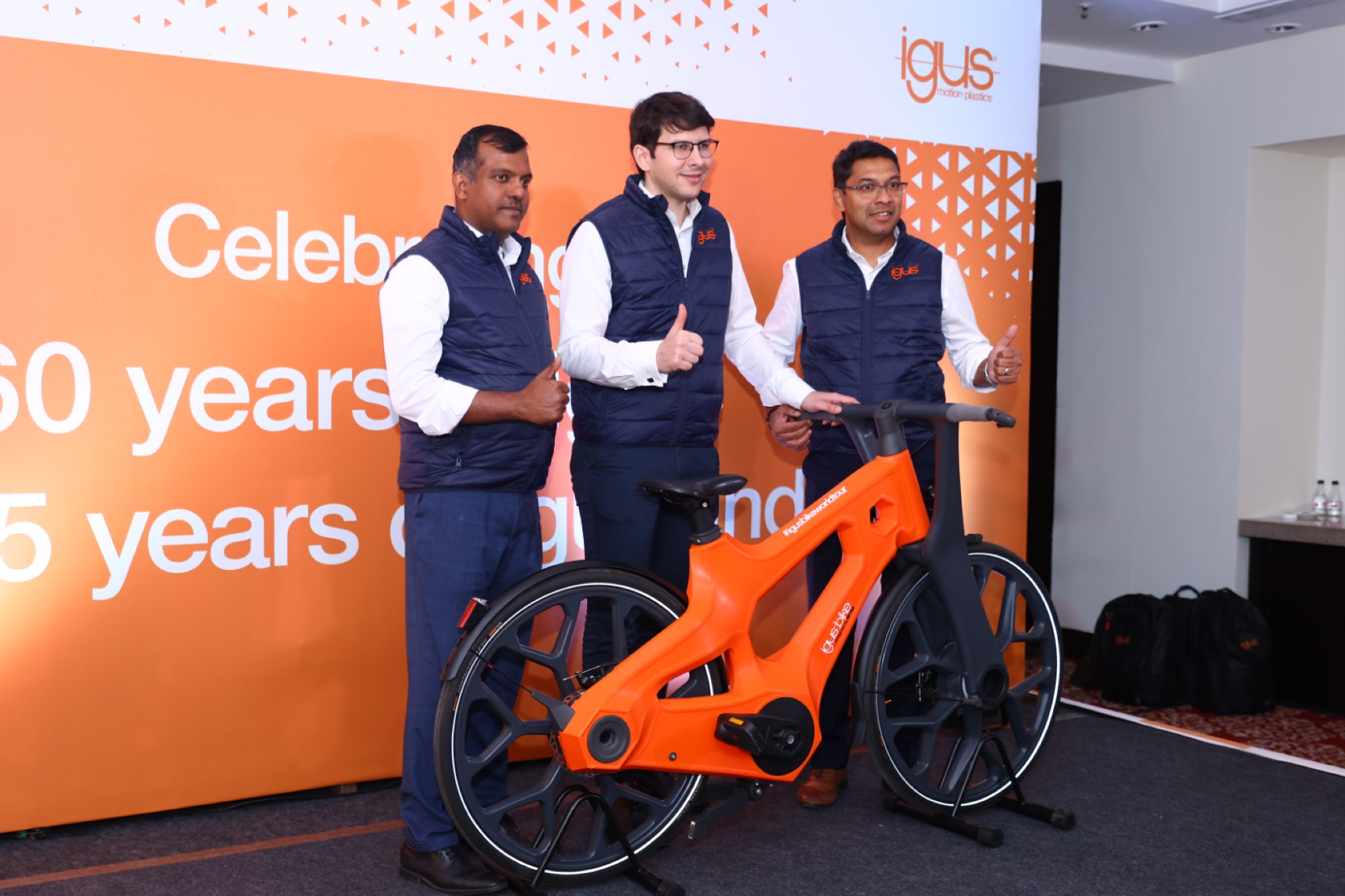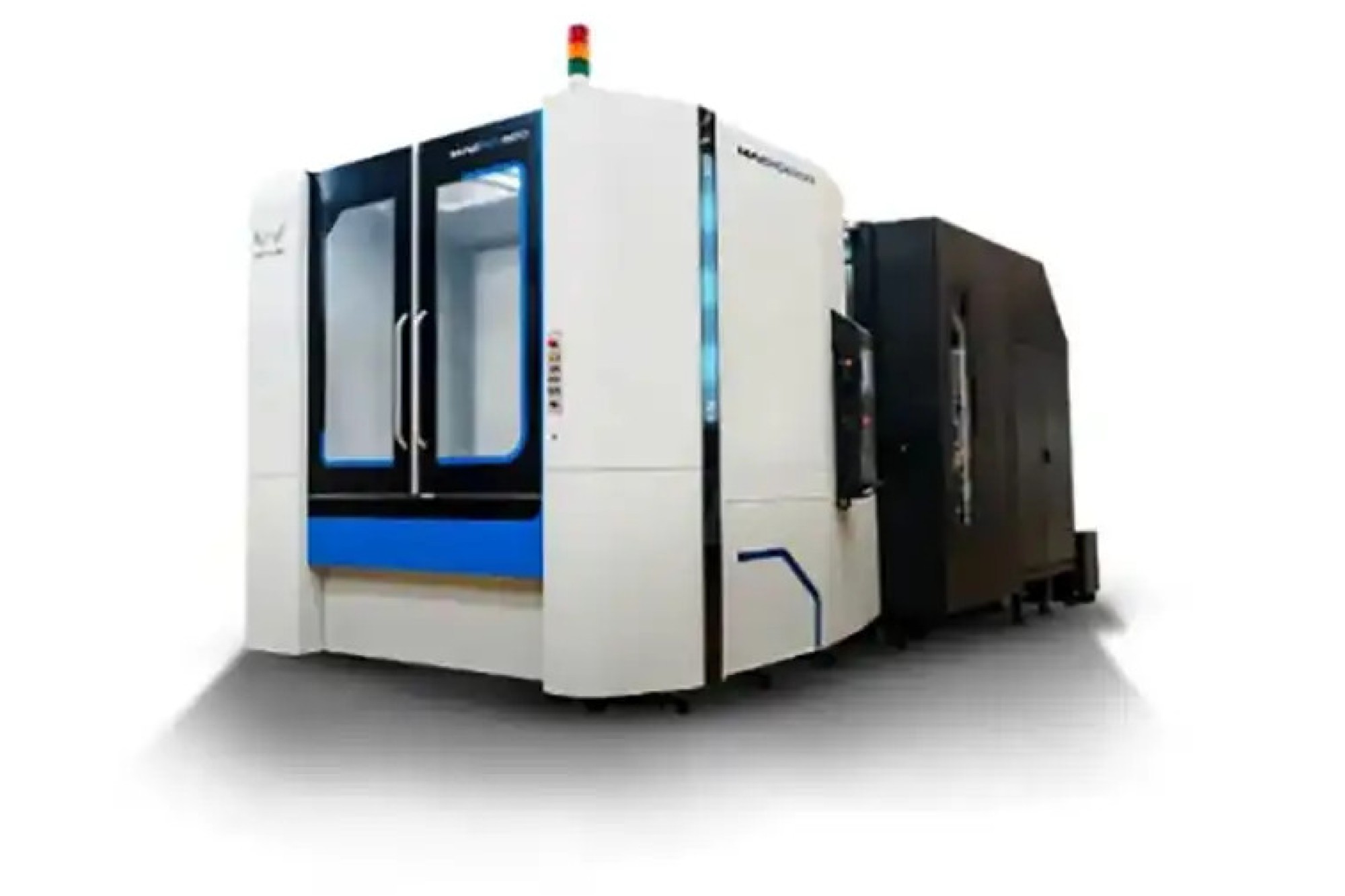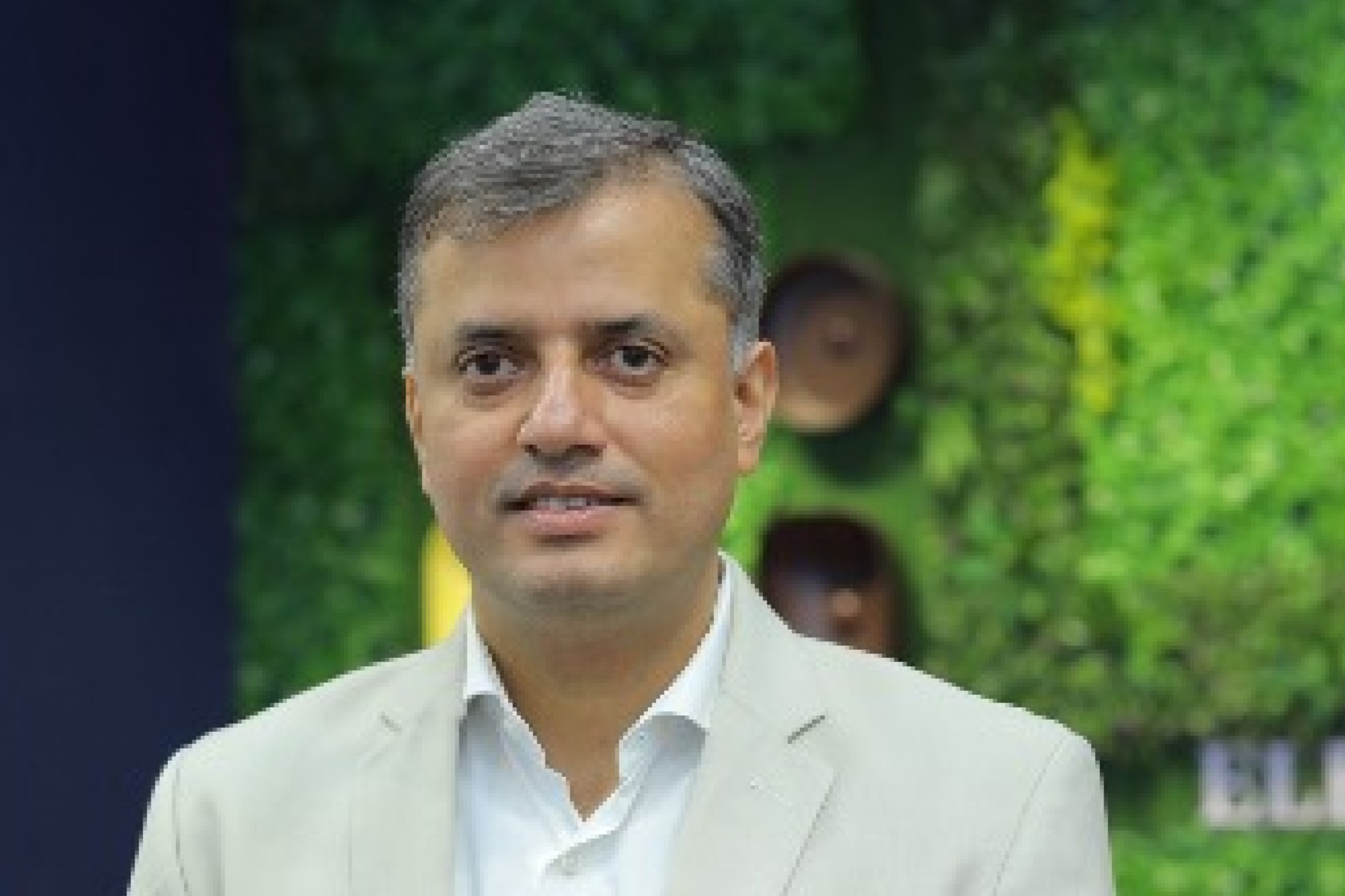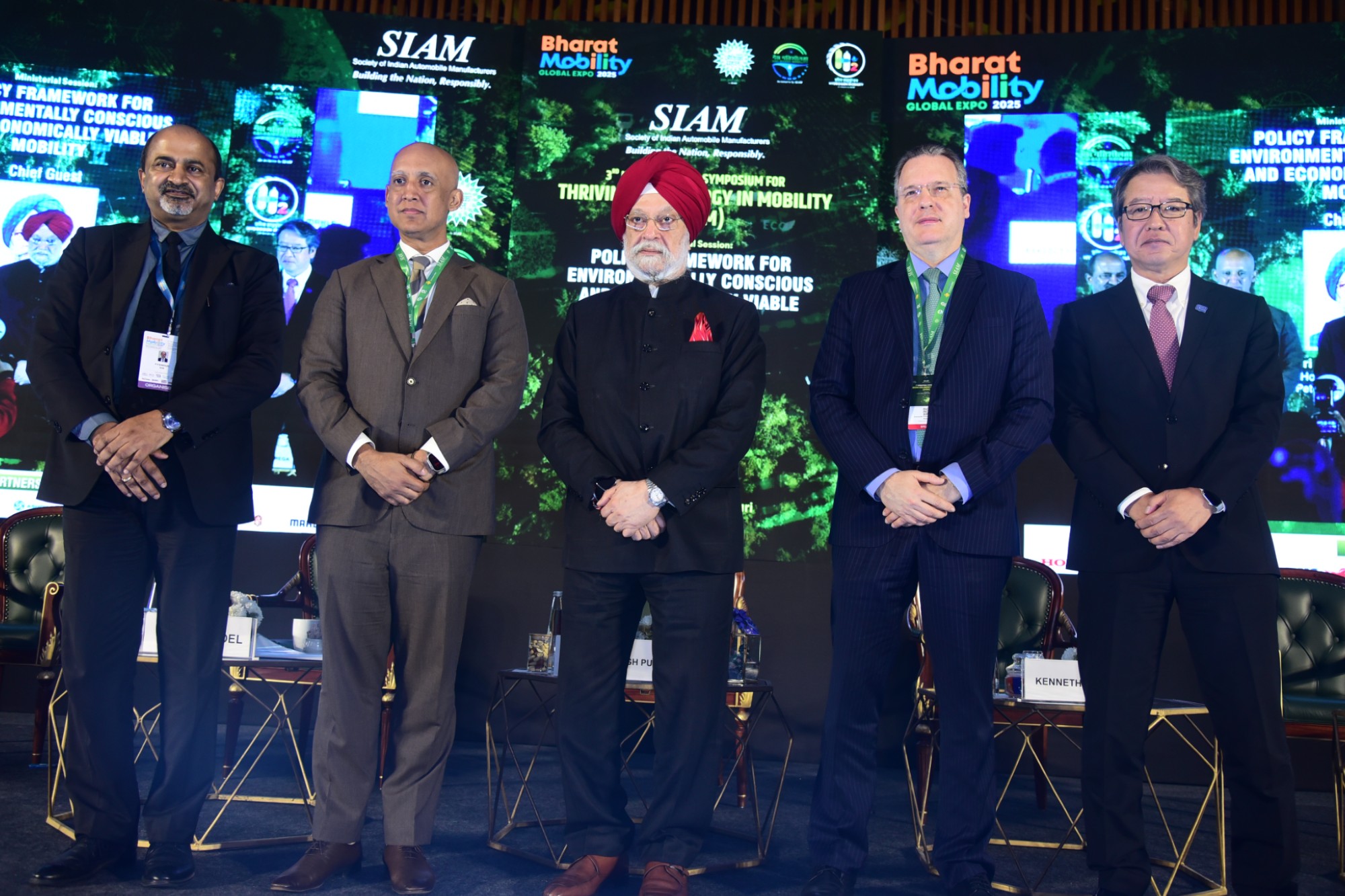Integrated safety solutions: Streamlining production processes and sustainability
By OEM Update Editorial February 14, 2024 2:29 pm IST
Schmersal India advances sustainability efforts with a pioneering solar power plant at its production site, marking a pivotal step in reducing environmental impact. Additionally, the company strengthens quality assurance with an in-house testing facility.
Sven S. Jacobi, Head of Quality Management Schmersal Group inaugurated 1st ever Solar Power Plant in Schmersal India’s production site. Schmersal India is working in an active and sustainable way to reduce the impact of our activity on the environment. This was a green project by Dnyaneshwar Pangarkar, Head-Operations and Shreeram Kelkar – Manager of purchase & maintenance and team.
With this, Schmersal added another feature in their sustainability journey as energy production has a key role to play when it comes to meeting climate targets and reducing CO2 emissions. There are many ways to reduce energy consumption, but without externally supplied energy, no machine and no industrial production will survive. To gradually reduce company-related CO2 emissions at this level as well, Schmersal relies on renewable energies at their production site. They have built a solar power plant in an area covering 2500 m², this is a ground-mounted system with capacity of 300KW.
The plant will support in the factory’s power consumption by generating energy upto 50% of the current power consumption per day. It will generate around 1100 units/per day.
Utilizing solar power decreases the company’s dependence on fossil fuels, conserving these valuable resources for future needs. The benefits of solar power plants in this shift help in preserving natural resources, and reducing carbon footprint along with reducing the geopolitical and economic vulnerabilities associated with fossil fuel dependence. This transition underscores the importance of harnessing clean and sustainable energy sources to ensure a more resilient and environmentally friendly future.
Solar power plants do not produce greenhouse gas emissions during operation, making them an integral part of efforts to combat climate change. By reducing emissions, solar energy contributes to a healthier planet and a sustainable future.
Schmersal India is the seventh Schmersal subsidiary in which they produce “green electricity” from their own photovoltaic systems.
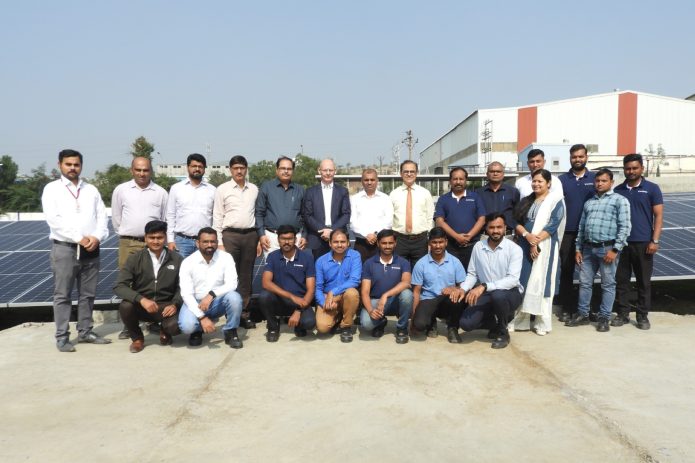
Quality Department inaugurated Inhouse testing facility.
Schmersal follows stringent testing for of their safety products; each switch undergoes a comprehensive evaluation. This rigorous approach guarantees adherence to quality standards.
Quality head Bhushan Salunke along with his team developed an in-house testing facility to perform endurance and life cycle tests on existing as well as newly developed products and mechanical properties (tension, compression, etc.).
In-house testing facilities offer several advantages to businesses, particularly in product development and quality assurance. Firstly, they enable the performance of critical life cycle or endurance tests for newly developed products within the organization itself, ensuring thorough evaluation and validation. Moreover, these facilities expedite the validation process for existing products in the event of raw material component changes, allowing for swift adjustments and minimizing disruptions to production schedules. Additionally, conducting tests internally proves to be more cost-effective and time-efficient compared to outsourcing to third-party labs, thereby saving valuable resources. Furthermore, the ability to perform mechanical testing, such as tensile and compression tests, on raw materials in-house provides companies with greater control over testing parameters and processes, ultimately enhancing product quality and reliability. Overall, the presence of in-house testing facilities streamlines testing procedures, reduces costs, and accelerates the validation of product life cycles, contributing to improved efficiency and competitiveness in the market.
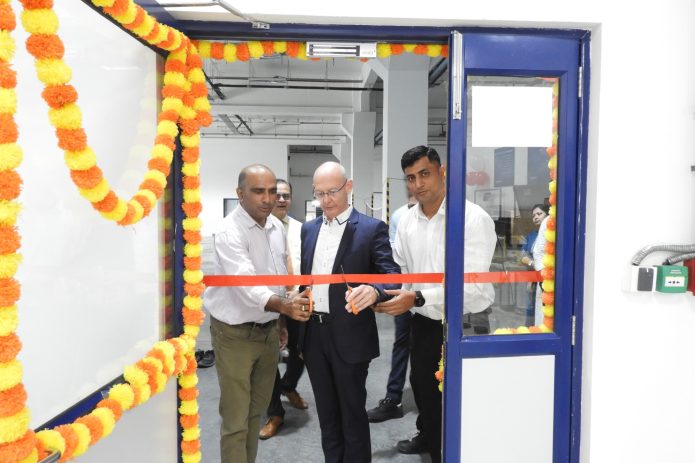
Schmersal is planning to expand its facilities in the future with a focus on enhancing the safety and reliability of its products. This includes the addition of life cycle/endurance testing units for all types of limit/position switches and emergency push buttons, as well as the incorporation of a salt spray testing facility and an Ingress Protection (IP Test) testing facility. Furthermore, the company aims to achieve lab accreditation by reputable bodies such as NABL or equivalent accreditation bodies like DAkkS. These planned enhancements underscore Schmersal’s dedication to improving the safety of its products for both individuals and machinery, reflecting a steadfast commitment to quality and excellence.
Schermal is looking to double their production by 2025 in India with 100 percent localization by 2026. They are also planning to start an electronic product assembly at their plant in India. Another aim is to have in-house accredited QC labs by 2026. Schmersal is working towards a goal to achieve Rs. 250 cr domestics sales in the year 2024.
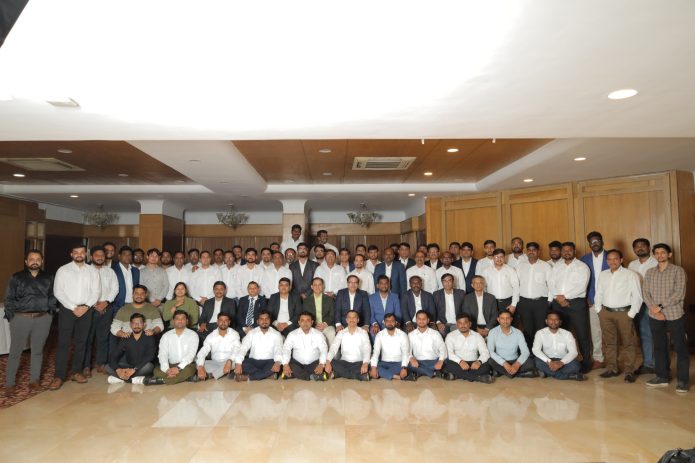
Cookie Consent
We use cookies to personalize your experience. By continuing to visit this website you agree to our Terms & Conditions, Privacy Policy and Cookie Policy.



